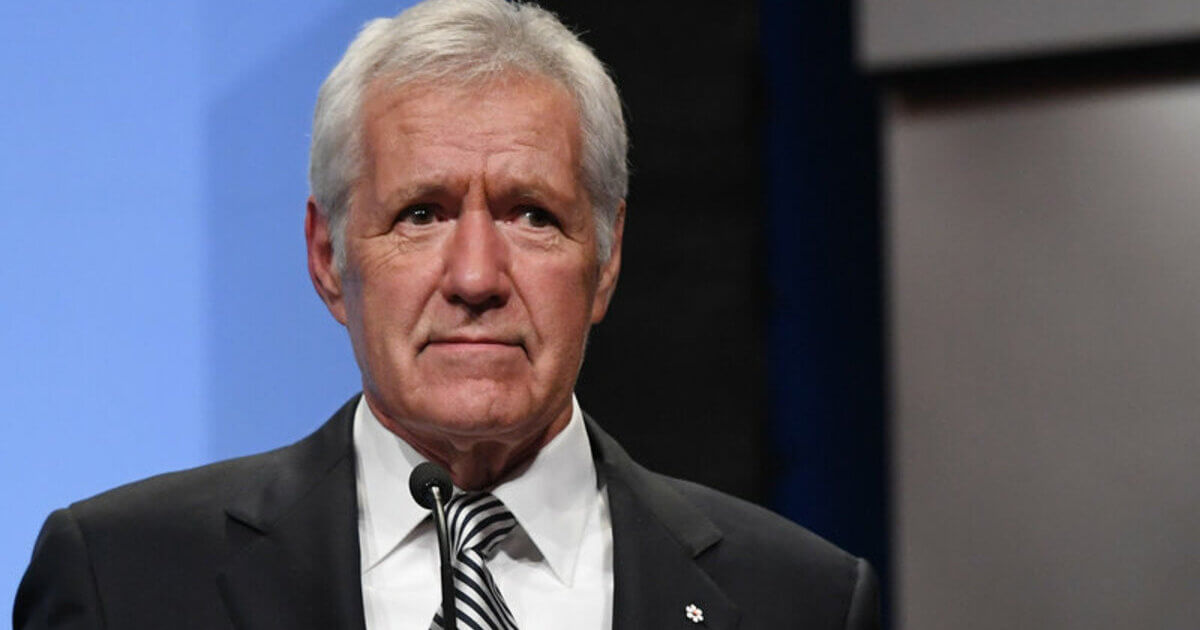4 Ways to Deal with Depression During Cancer
- The depression is a normal side effect of cancer and chemotherapy, and can be treated medically
- Embrace feelings of vulnerability, and accept your imperfections
- You can’t control your circumstances, but you can learn to control your response
- Forgive yourself for needing to put your goals on hold
“I don’t mind getting choked up,” he told Michael Strahan of “20/20.” “My oncologist told me one of the symptoms, if you will, of pancreatic cancer, is that you get these moments of depression, sadness.”
Read MoreThe Depression Can Be Treated
Occasional bouts of depression and sadness are perfectly normal, said Dr. Scott Irwin, a psychiatrist and director of Supportive Care Services at Cedars-Sinai Medical Center in Los Angeles. “A lot of people assume that, oh, they have cancer. They must be depressed. That’s actually not true,” he says. “Eighty-five percent of patients do not get what would be considered a clinical depression.”
For the 15% that do experience true depression, anti-depressant medication may be prescribed, said Dr. Irwin. “I often try to choose medications with the lowest side effect profile. If patients are getting hormonal therapy, there’s particular antidepressants that we can’t use, because they may lower the effectiveness of that hormonal therapy. And so we choose antidepressants that don’t impact the cancer care.”
Accept Your Vulnerability
Feelings of vulnerability often accompanies a cancer diagnosis, said Dr. William Breitbart, chairman of the Department of Psychiatry and Behavioral Services at Memorial Sloan Kettering Cancer Center in New York.
“But we can choose how we respond to this feeling of vulnerability,” he explained. “We can use it to create a sense of empathy: ‘I’m imperfect and now I understand other people are imperfect.’ And so being imperfect can teach you how to love other human beings. And it’s what makes it possible for others to love you.”
Choose Your Response
Many people live with these feelings of vulnerability and uncertainty — both of which can lead to depression — but things can become heightened with a cancer diagnosis. “The task becomes having the courage to live in the face of uncertainty, realizing that you cannot necessarily control the uncertainties in life,” said Dr. Breitbart. “But you have control over how you choose to respond to them and the attitude you take towards them.”
Forgive Yourself for Unfinished Business
Another cause of emotional pain, said Dr. Breitbart, is the frustration at not accomplishing all of one’s goals in life.
“People have bucket lists,” he said. “Sometimes there are actual things you can do. But ultimately [psychiatrist and Holocaust survivor] Viktor Frankl said, ‘The task of the last part of your life is relieving your existential guilt.'”
“So it’s forgiveness ultimately. That is the last strategy, the last technique.”
Learn more about SurvivorNet's rigorous medical review process.


